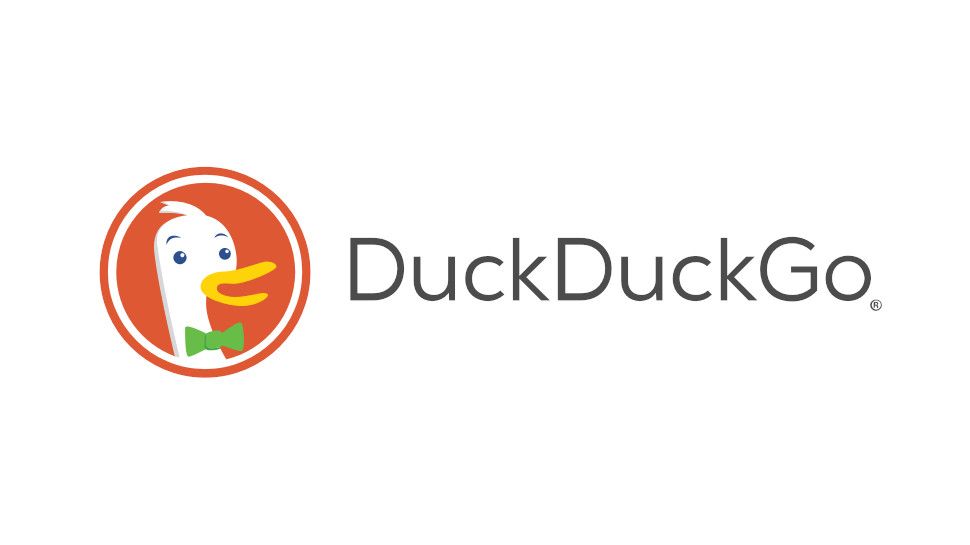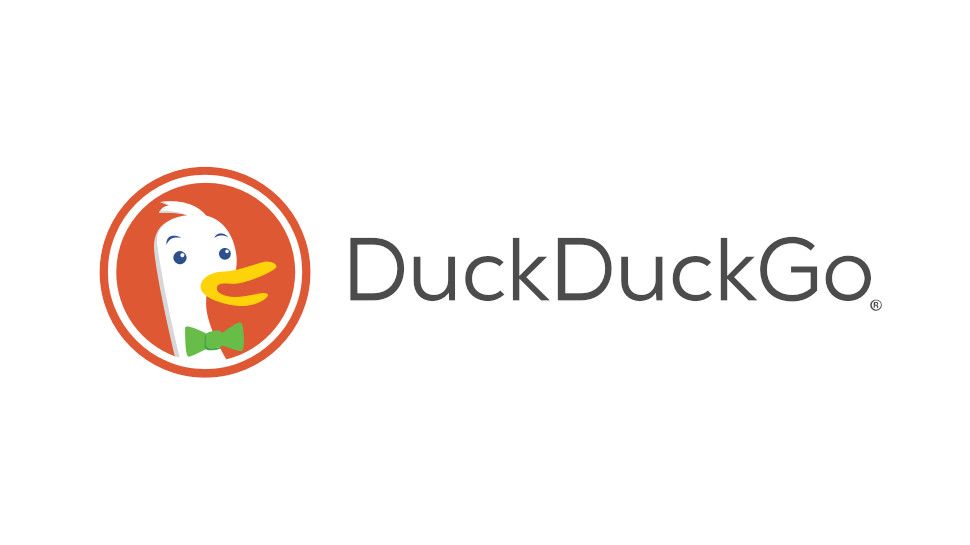
Anyone searching for piracy websites on DuckDuckGo recently might have struggled to find them – but it wasn’t because of an active choice by the company.
Recent reports suggested that DuckDuckGo, a privacy-focused search engine and browser that frequently criticises Google, had removed results related to piracy sites such as YouTube-dl and The Pirate Bay.
However company CEO Gabriel Weinberg has hit back, blaming the problem on an issue with its site:operator search commands (such as site:thepiratebay), which he says few customers actually use.
Similarly, we are not “purging” YouTube-dl or The Pirate Bay and they both have actually been continuously available in our results if you search for them by name (which most people do). Our site: operator (which hardly anyone uses) is having issues which we are looking into.April 17, 2022
In TechRadar Pro’s testing today – using a clean Opera window with a VPN – finding pirate websites was pretty straightforward, suggesting there was no issue.
In a statement to The Verge, DuckDuckGo said: “After looking into this, our records indicate that YouTube-dl and The Pirate Bay were never removed from our search results when you searched for them directly by name or URL, which the vast majority of people do (it’s rare for people to use site operators or query operators in general).”
“We are having issues with our site: operator, and not just for these sites,” said DuckDuckGo’s Allison Goodman. “Some of the other sites routinely change domain names and have spotty availability, and so naturally come in and out of the index but should be available as of now.”
A better way to search?
DuckDuckGo was also recently embroiled in a controversy over its decision to down-rank certain pro-Russia results after Russia’s invasion of Ukraine, something that sits awkwardly with its “unbiased” marketing.
The company has also repeatedly gone after Google for its search practices, arguing that the dominant search giant spies on users and delivers poor quality results.
First launched in 2008, DuckDuckGo says it aims to better cater to the needs of privacy-conscious internet users that don’t want their search data ending up in the hands of Google or other large tech giants. The company has since expanded its operations and it now offers its own browser in addition to a search engine.
Given that Google maintains a 91% share of the search engine market – compared to 3.1% for Bing, 1.5% for Baidu, and 0.69% for DuckDuckGo – search consumers seemingly seem not to mind about Google’s foibles.
